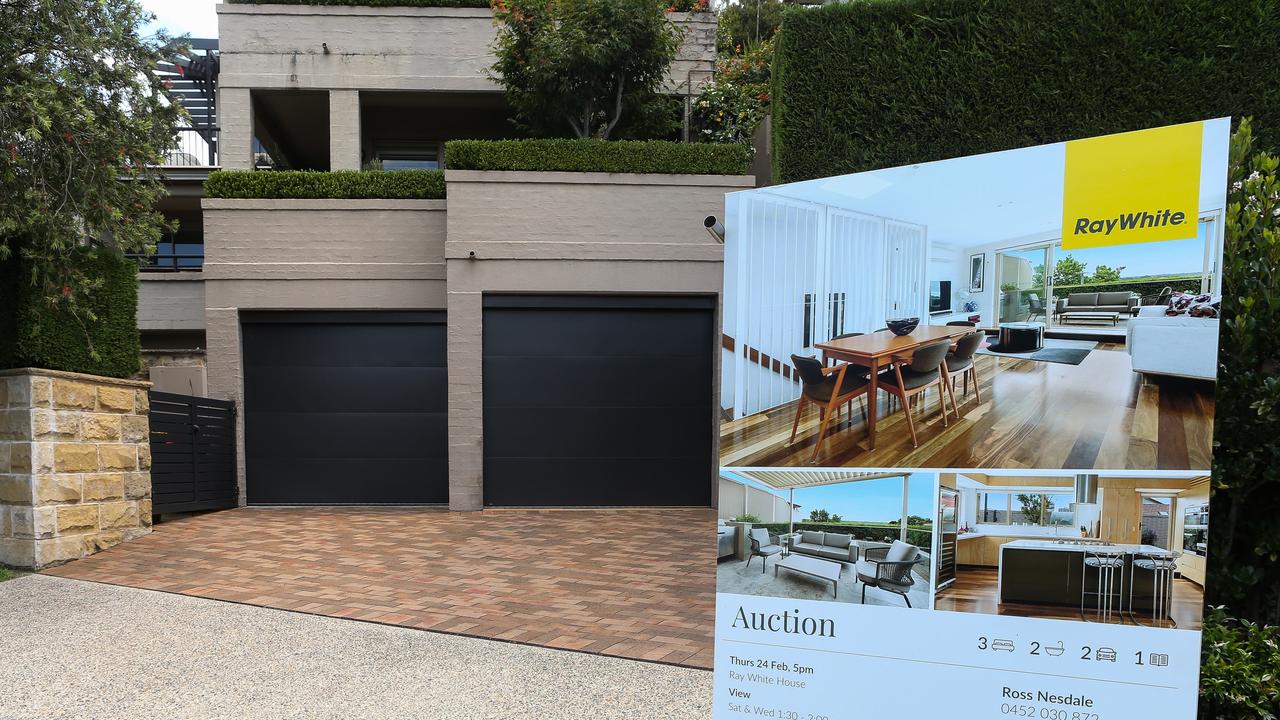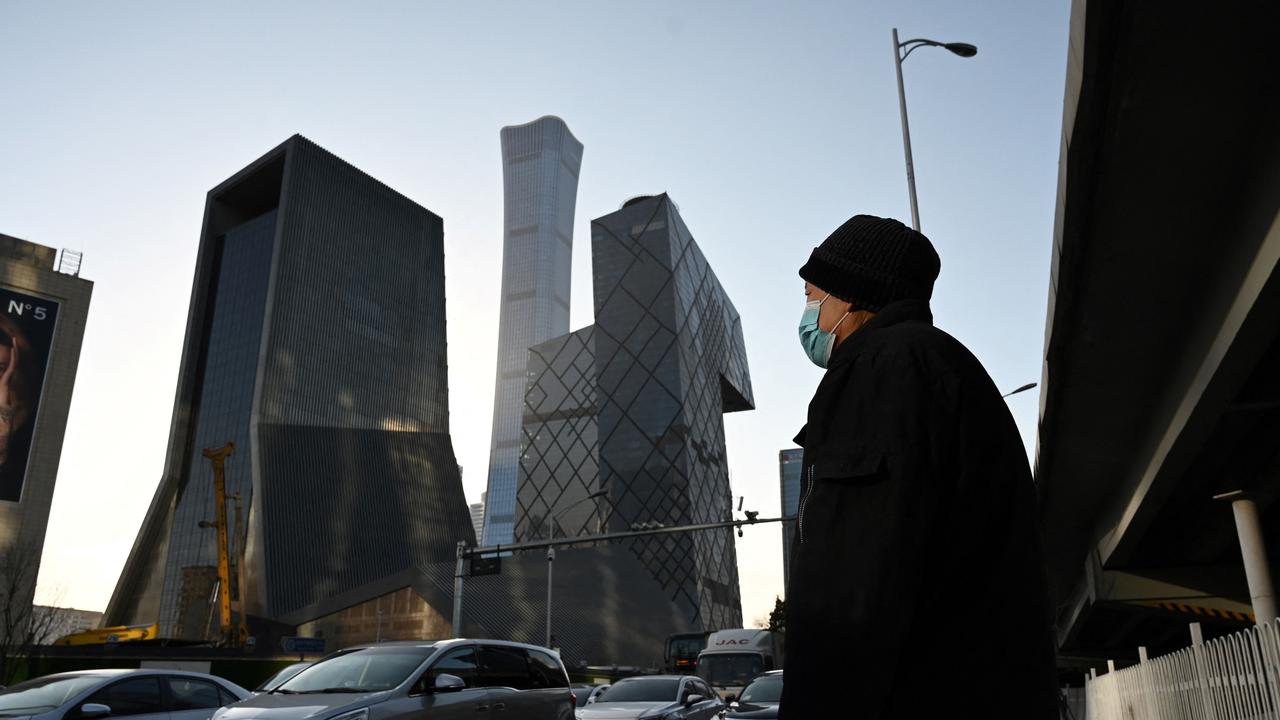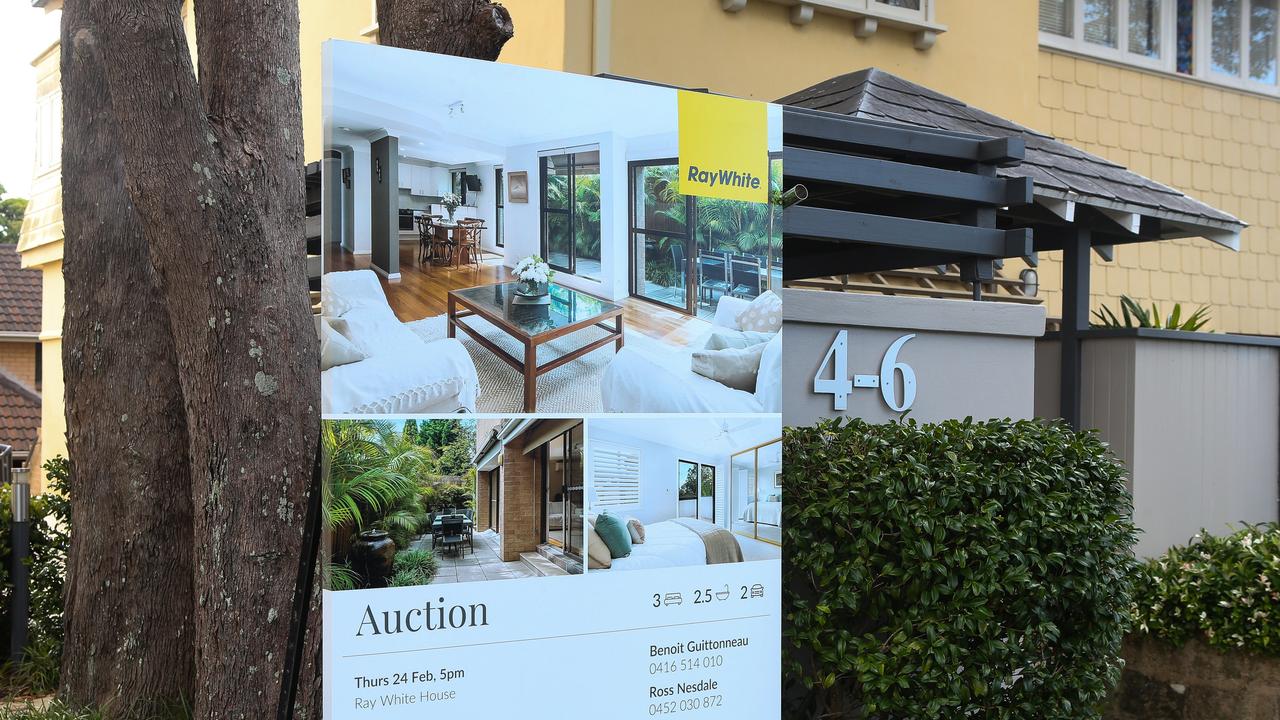How high can interest rates go before they crash house prices?
It’s the moment every mortgage payer has been dreading – what impact could raising interest rates have on house prices?
ANALYSIS
How high will interest rates go is not a question that Australians have had to deal with for a decade. It’s been a ceaseless ride of lower interest rates since the RBA last hiked in 2011. All the way down from 4.75 per cent to 0.25 per cent.
But, now, financial markets are forecasting a relatively steep sequence of interest rate rises to a cash rate of above 1 per cent before year-end. Even a reluctant RBA has acknowledged that the cash rate may move much sooner than it has recently expected.
Will it happen and how high will the RBA’s cash rate get?
Whether the rate hikes will happen depends upon a few crucial things going right for the economy. The first is that inflation and wage growth must both push above 3 per cent sustainably. At the moment inflation is looking good but wages are lagging.

Business surveys suggest that wage rises are strengthening. However, two factors may mitigate that. The Omicron shock has denuded business of labour and may have triggered temporary pay rises owing to either shortages or over-employment.
As well, the Morrison government is targeting 200,000 foreign workers arriving by June through the reopened border which will suppress wages growth, as it always does.
The second reason to doubt if the RBA will get the cash rate off the ground this year is the fact that Australia is lagging global monetary tightening.
In China, last year’s interest rate rises – which were engineered prudentially – have already hammered its property market and it is now exporting a lot of deflation that will arrive in Australia in due course.

In the US, prospective Federal Reserve interest rate rises have already caused all kinds of problems for financial markets. The Fed always breaks something in markets but not usually before it even starts.
This cycle looks particularly sensitive given very high leverage and expensive assets. The Federal Reserve may trigger crashes in stocks and credit that land on Australian economic activity and kill inflation off before the RBA needs to pull its own trigger.
Assuming that does not happen, how high will the RBA lift the cash rate? Like the US, Australia has very highly valued assets in property, stocks and bonds owing to historic levels of leverage.
This means the Australian economy is more sensitive to interest rates than ever before. It used to be the case that asset prices lagged the economic cycle. But since we “financialised” everything – that is, put debt not productivity at the centre of economic growth – asset prices now lead the economy, and if they fall they will drag it down with them.
For instance, the RBA’s own house price model suggests that only four interest rate hikes would crash house prices by one-quarter to one-third. That’s a non-starter given it would obliterate both economic activity and inflation.

So what is the peak interest rate going to be? According to the RBA, the neutral interest rate is 2.5 per cent but that doesn’t sit very well with its house price model does it?
So, even the central bank doesn’t have a good grasp on how high interest rates will need to be in today’s new ‘normal’ environment.
Things are made even more complicated by the shift to fixed interest mortgages in the Covid cycle. Some $500 billion of mortgages are already going to reset in the next one to three years from below 2 per cent to nearly 4 per cent as honeymoon periods end.
That’s a lot of embedded tightening.
So, don’t get spooked by the more hawkish interest rate prognostications, which includes credit markets. If the RBA does lift interest rates, it likely will not get very far before asset prices force it to pause. Indeed, if recent cycles are any guide, the cash rate will barely get off the ground if it rises at all.
Such is the way of the highly-leveraged and financialised economy.
David Llewellyn-Smith is Chief Strategist at the MB Fund and MB Super. David is the founding publisher and editor of MacroBusiness and was the founding publisher and global economy editor of The Diplomat, the Asia Pacific’s leading geopolitics and economics portal. He is the co-author of The Great Crash of 2008 with Ross Garnaut and was the editor of the second Garnaut Climate Change Review.





